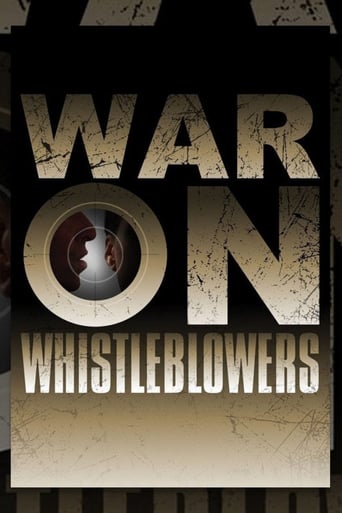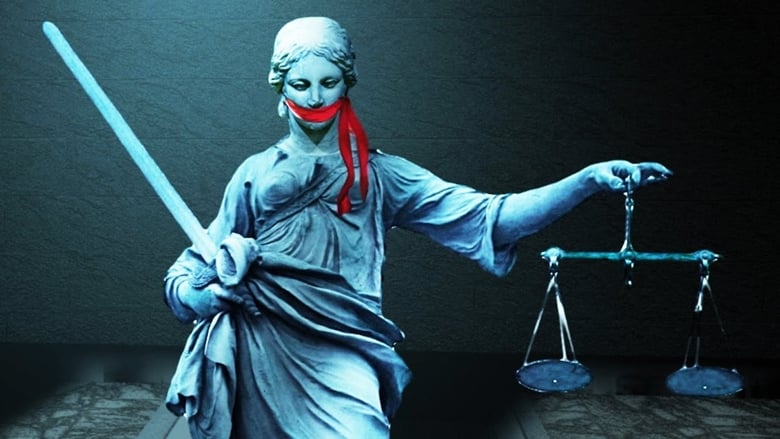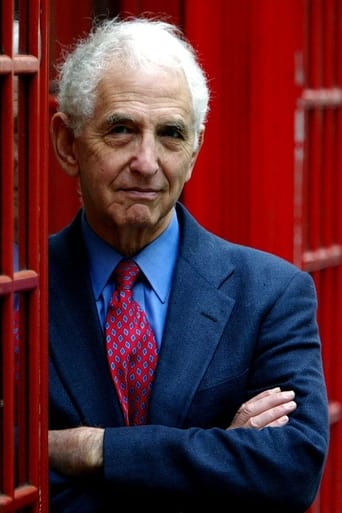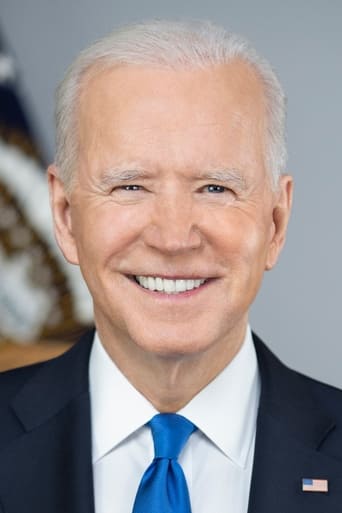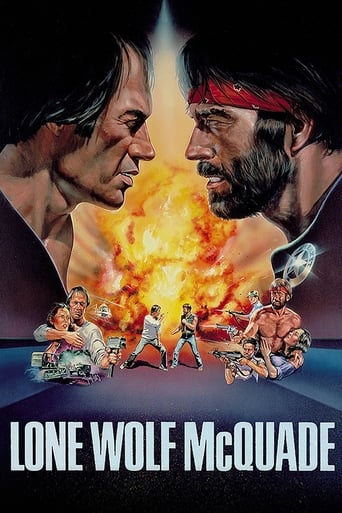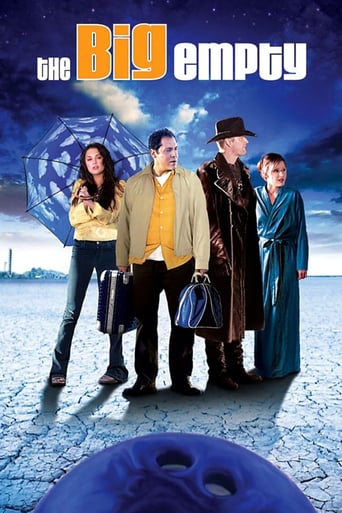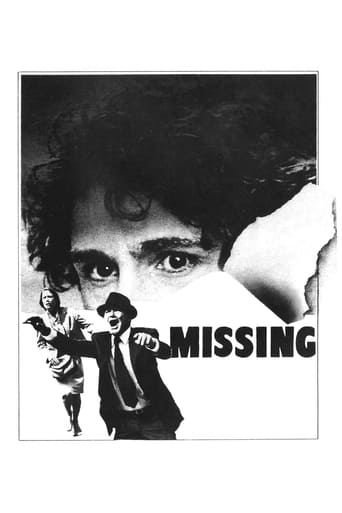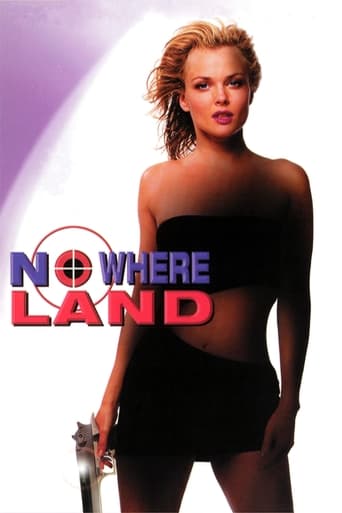War on Whistleblowers: Free Press and the National Security State (2013)
War on Whistleblowers: Free Press and the National Security State highlights four cases where whistleblowers noticed government wrong-doing and took to the media to expose the fraud and abuse. It exposes the surprisingly worsening and threatening reality for whistleblowers and the press. The film includes interviews with whistleblowers Michael DeKort, Thomas Drake, Franz Gayl and Thomas Tamm and award-winning journalists like David Carr, Lucy Dalglish, Glenn Greenwald, Seymour Hersh, Michael Isikoff, Bill Keller, Eric Lipton, Jane Mayer, Dana Priest, Tom Vanden Brook and Sharon Weinberger.
Watch Trailer
Cast
Similar titles
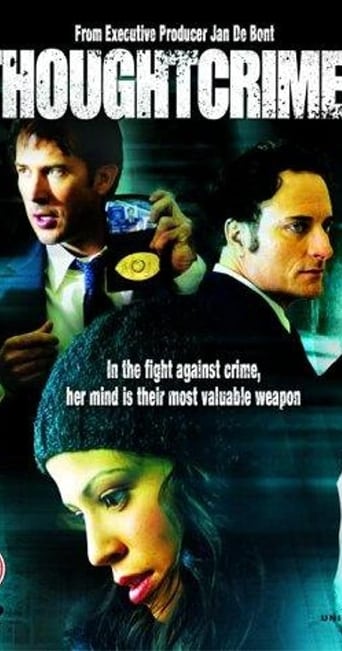
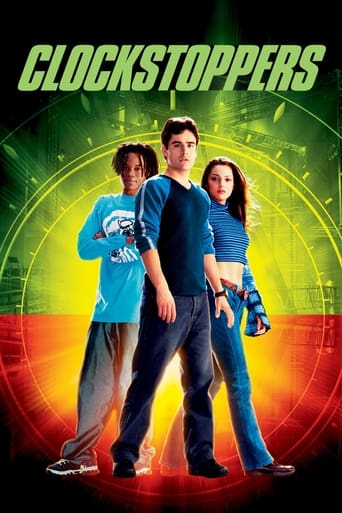
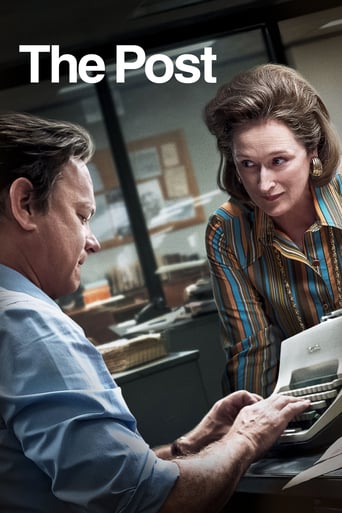
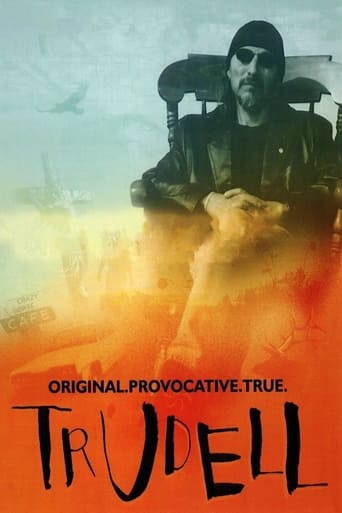
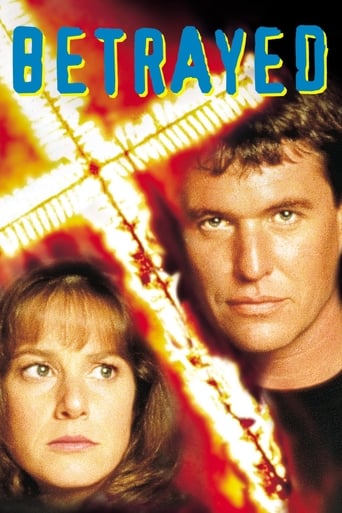
Reviews
It is a performances centric movie
Better than most people think
It is not deep, but it is fun to watch. It does have a bit more of an edge to it than other similar films.
It’s fine. It's literally the definition of a fine movie. You’ve seen it before, you know every beat and outcome before the characters even do. Only question is how much escapism you’re looking for.
It's a shame to have to write a bad review about this title. It's actually some great information if you do not know much about the history of whistleblowers who I think are some of our greatest patriots, people who step up at the expense of their own well being in service of others and the US Constitution. That said, I'm not sure what else I could recommend that provides as wide of an overview as this film does. Certainly watching Citizenfour about Snowden is a fantastic start, and certainly The Most Dangerous Man in America: Daniel Ellsberg and the Panama Papers is top notch as well. So, my main complaint is this film, which I stopped watching after close to 20 minutes, continually jumps between different stories and events with whistleblowers, apparently to make this seem more like a movie/film than the documentary it should be. Completely ridiculous for two particular reasons: 1 often one does not even know they've jumped to another topic, which takes place at a different time in history, place, and people...simply absured... 2 - even if one recognized the film has jumped or returned to another story, one is left trying to review (while also trying to pay attention to the film) what was said previously, say 5 minutes ago, and after listening to 5 minutes of other events. What a shame. Still a good film for a broad overview if you know nothing about whistleblower. Other than complicated direction, all stories are quite riveting when weighed against our democracy.
This documentary is very interesting and highlights the problematic ways whistleblowers are treated in America. The whistleblowers dare to come forward and tell the public about things that highly disturbs them in their professional lives - and they risk everything by doing it! Both their personal and professional lives are affected greatly due to the whistleblowing. While watching the documentary you get a sense that the people whistleblowing are people that do not deserve to be treated like criminals. Their concerns should be heard and the companies should react and change their wrongful actions. It is unacceptable that whistleblowers are not protected by the government, and that journalists cannot report on these issues without being afraid of harassment!
I don't regularly review movies. But this thing deserved some special attention. I love nonfiction, social commentary, and documentary. And this one caught my attention, so I watched it. I'm not sure if this is a spoiler, but be warned; they insisted on ten lines of copy. I obliged.What started out as a film which would look like an interesting documentary about whistle blowers exposing government misdeeds (and admittedly could be technically classified as such) quickly digressed into a well funded, shameless promotion for more military equipping and funding which in fact is at an absurdly high level already considering the fact that "the machine has come home" and is now aimed at the same civilian public that this costly war has blindly impoverished and imprisoned. Perhaps the only redeeming quality as a documentary was that in the opening titles it does actually mention several legit whistle blowers whose stories, all be them well known, are indeed well worth looking into. So have a notepad handy for later research if you are going to check it out. On the other hand I felt that the footage of Edward Snowden was only used in an attempt to lend legitimacy to this obvious military industrial propaganda, and I doubt it had his blessing or permission. I sincerely feel he's being exploited here. The film has elevated production values, excellent music which tugs the emotional strings, crafty editing, and a clever narrative and slick post work. For a about a fourth of the movie, I was taken in, and then I was like: "wait a minute here, is this all it's all about? new toys for soldiers?" well that's fine, but at least give it a title to match, guys. One positive note: An unintended effect of the film may be: the audience should realize that the folks who create war are in the business of killing soldiers. Reducing the population on all sides.
This documentary follows a small but interesting set of case studies of real whistleblowers who have been punished by the system in recent years.Daniel Ellsberg was a whistle blower from the 1970s who provides perspective throughout the film.In Iraq in 2006, our soldiers were dying due to the lack of armour on Humvees. An IED could take one out, and the military inside often died or were badly injured. Franz Gayl, Science and Technology Adviser to the Marine Corps in the Pentagon, became aware of this and brought it to the attention of his superiors. He championed the replacement of the Humvee by the safer MRAP, but was greeted with roadblocks. He went to USA Today to get leverage on the problem. He faced reprisals at work; his journalist contacts were threatened with lack of access. The Humvees were replaced, but Gayl was put on administrative leave for quite some time.Thomas Drake: (former) Senior Executive at the (US) National Security Agency was the second whistle blower profiled. 'We do not spy on Americans,' was a phrase Drake heard at work. However, he started his job on 2001/09/11; thereafter, however, he noted huge breaches of this key charter element of the NSA. Massive amounts of information were being collected on US citizens living inside the USA. Drake exposed portions of this process. His life was massively invaded in response by the FBI. The Justice Department threatened him with the Espionage Act, and specific charges that could potentially land him in jail for the rest of his life.Michael DeKort: (former) Lead Systems Engineer: The Deepwater Program, for the US Coast Guard was the third to be profiled. DeKort brought to the light of day two major problems with the Coast Guard fleet's upgrade: radios with non-waterproof circuitry, and hulls that were overly susceptible to buckling. DeKort used YouTube to spread the story, and it eventually found its way to 60 Minutes. DeKort stayed out of jail.Thomas Tamm: (former) Attorney in the Justice Department was the fourth to be profiled. He was in the Office of Intelligence Policy and Review within Justice. He talked to victims of the 9/11 terrorist attacks. His group applied for judicial warrants to listen in on persons in the United States who were thought to be connected to terrorists. His group worked with the FBI which had developed the 'probable cause' for these warrants. Some cases were treated differently, however.All of these whistle blowers suffered in their professional lives. All of them tried to go through official channels, where they were largely blocked. I specifically liked the point made that the recent administrations leak secret information as a matter of policy, and none of those leakers go to jail.How did these stories pan out? What are the implications for other potential whistle blowers? ------Scores------Cinematography: 8/10 Fine for a documentary.Sound: 8/10 Voices and words were clear enough. Incidental music was not overbearing.Acting: z/10 Not applicable.Screenplay: 8/10 The telling of the four stories were well packaged.
